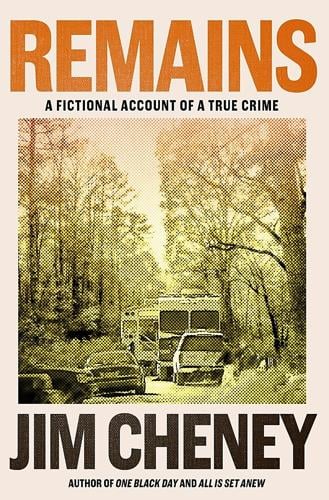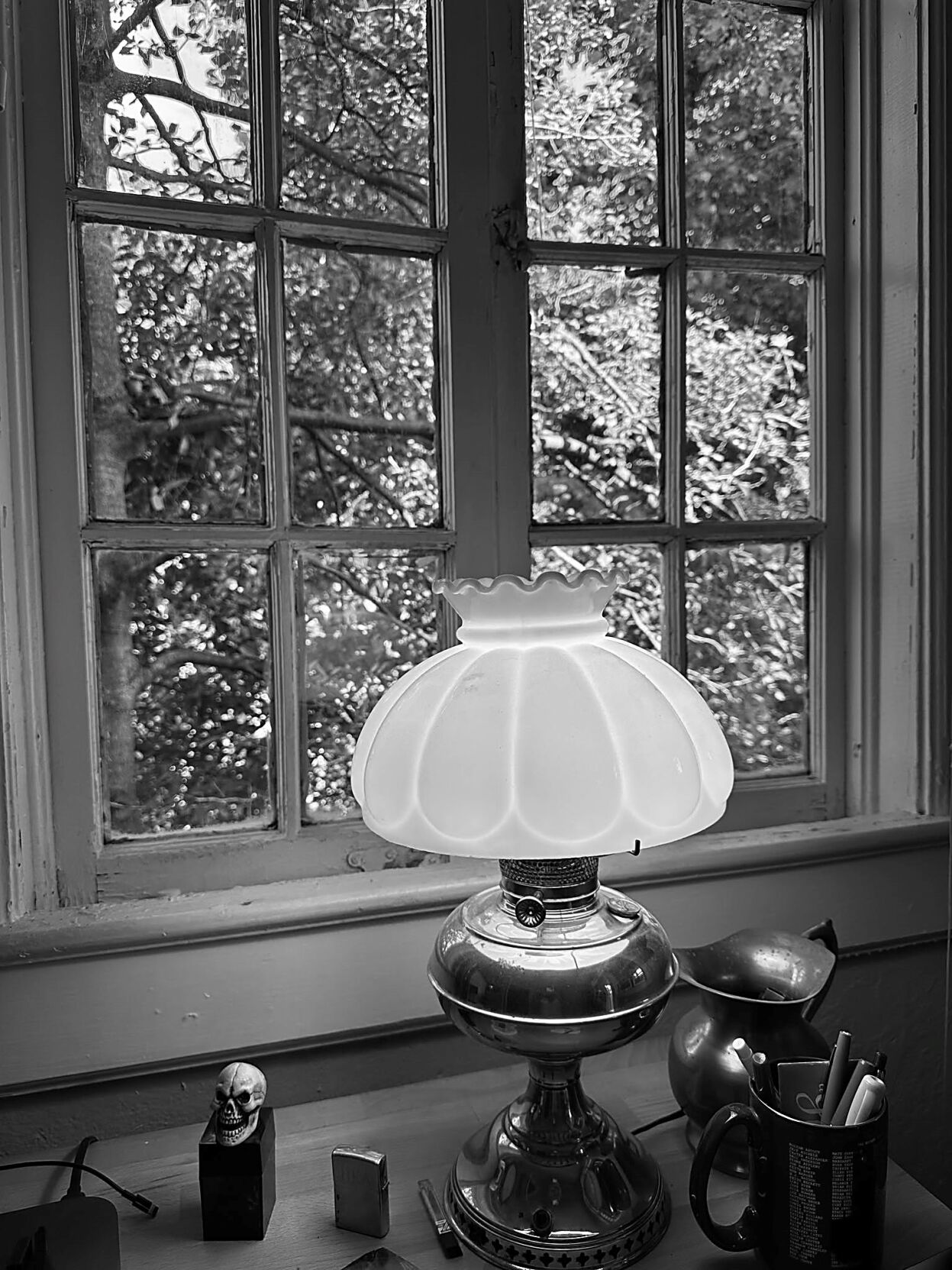Chattanooga-based author Jim Cheney was always bothered by one aspect of the Walker County's Tri-State Crematory incident, when more than 330 bodies were found in February 2002 scattered in woods, buildings and in a lake instead of being cremated as they should have been: Why did the crematory owner do it?
For all the research he’d done, it���ӽ紫ý the one question that was left without a satisfactory answer.
Cheney���ӽ紫ý solution to the churning in his brain was unique: Turn a true crime story into a fictional one. In other words, write a book.
Thus was born “Remains: A Fictional Account of a True Crime.”
“For me,” he said, “it was a means of being sensitive to the real lives behind the characters that had come to be known in the news.”
The case had been addressed in almost every way imaginable: arrests, trials, sentencing, lawsuits by families, funeral homes and the Walker County government. The story made news headlines for a long time. Documentaries, television episodes, podcasts and books were created.
But the mystery of motive and how that played out in the lives of those involved had never been revealed. Cheney felt that fiction allowed for exploration. How did the decision to dispose of bodies around the property come about? Surely there were qualms, fear, denial.
These are all things that weave their way in and out of Cheney���ӽ紫ý narrative as he creates what might have happened, how people might have felt and acted and struggled.
While the book is fictional, it feels as if Cheney might just have reached into the soul of the matter.
No real names of people are used in “Remains,” but plenty of real location names can be found: Noble, LaFayette, St. Elmo, Chattanooga. The characters’ names feel real, as do the characters themselves. The settings feel real: the homes, the church, the football games.
“Remains” takes place entirely before the trial of the crematory owner (Brent Marsh, in real life). “There���ӽ紫ý been plenty written about the trial,” Cheney said. “I didn’t have anything to add to that. But I feel good about how I might have added to the thinking about what went on for years before the trial, how such an idea like dumping bodies all over the place could form in a man���ӽ紫ý mind and how he reasoned it out as the bodies accumulated and how it affected his conscience and mental stability, his relationships and his humanity.”
One of Cheney���ӽ紫ý advantages in writing the story is that he grew up in the area — “on the Georgia side of Lookout Mountain.” It shows in the book. Cheney feels very much at home in the setting. The book gives the sense of an author who knows his characters and places intimately, like long-time neighbors. Still, an author doesn’t always get it right on the first try.
Cheney churned out 250 pages in short order, then gave them to his wife to read. No, she said, it���ӽ紫ý the wrong approach. Cheney scrapped his first version and got to work on a second.
More than 300 pages later, “Remains” was ready for the harder work — editing. Cheney said that while he���ӽ紫ý a fast writer, he���ӽ紫ý a slow editor. He lives in Franklin, Tenn.,, but he maintains a writing room in Chattanooga where he can concentrate fully on his craft in an atmosphere that suits him — natural light pouring through an old wood window frame, trees almost brushing up against the glass, a lamp that belonged to his mother who imparted to him a love of reading, a tiny replica of a skull.
When the second version of the book was finished at 343 pages, Cheney turned it over to his wife again. This time she approved.
About the author
Writing, Cheney said, has been a passion since high school. He���ӽ紫ý written poems, songs, lots of work-related communications, and he���ӽ紫ý started 15-20 books but, he said, life got in the way of writing novel-length works. “Remains” is the third book he���ӽ紫ý finished.
The first two books Cheney wrote are different from his most recent but still dark in nature. “All is Set Anew” is a horror novel about two brothers trying to escape a family history of poverty, abandonment and a murder.
“One Black Day,” said Cheney, is part memoir, part fiction — an effort to work out some childhood issues.
One reviewer on wrote of “Remains”: “Even though you think you know…this book will pull you in and creep you out. Such strong writing and storytelling. You will not regret diving in to this dark corner of the south!!”
“Remains” is available on in both print and digital form, as well as at many bookstores.





















(0) comments
Welcome to the discussion.
Log In
Keep it Clean. Please avoid obscene, vulgar, lewd, racist or sexually-oriented language.
PLEASE TURN OFF YOUR CAPS LOCK.
Don't Threaten. Threats of harming another person will not be tolerated.
Be Truthful. Don't knowingly lie about anyone or anything.
Be Nice. No racism, sexism or any sort of -ism that is degrading to another person.
Be Proactive. Use the 'Report' link on each comment to let us know of abusive posts.
Share with Us. We'd love to hear eyewitness accounts, the history behind an article.